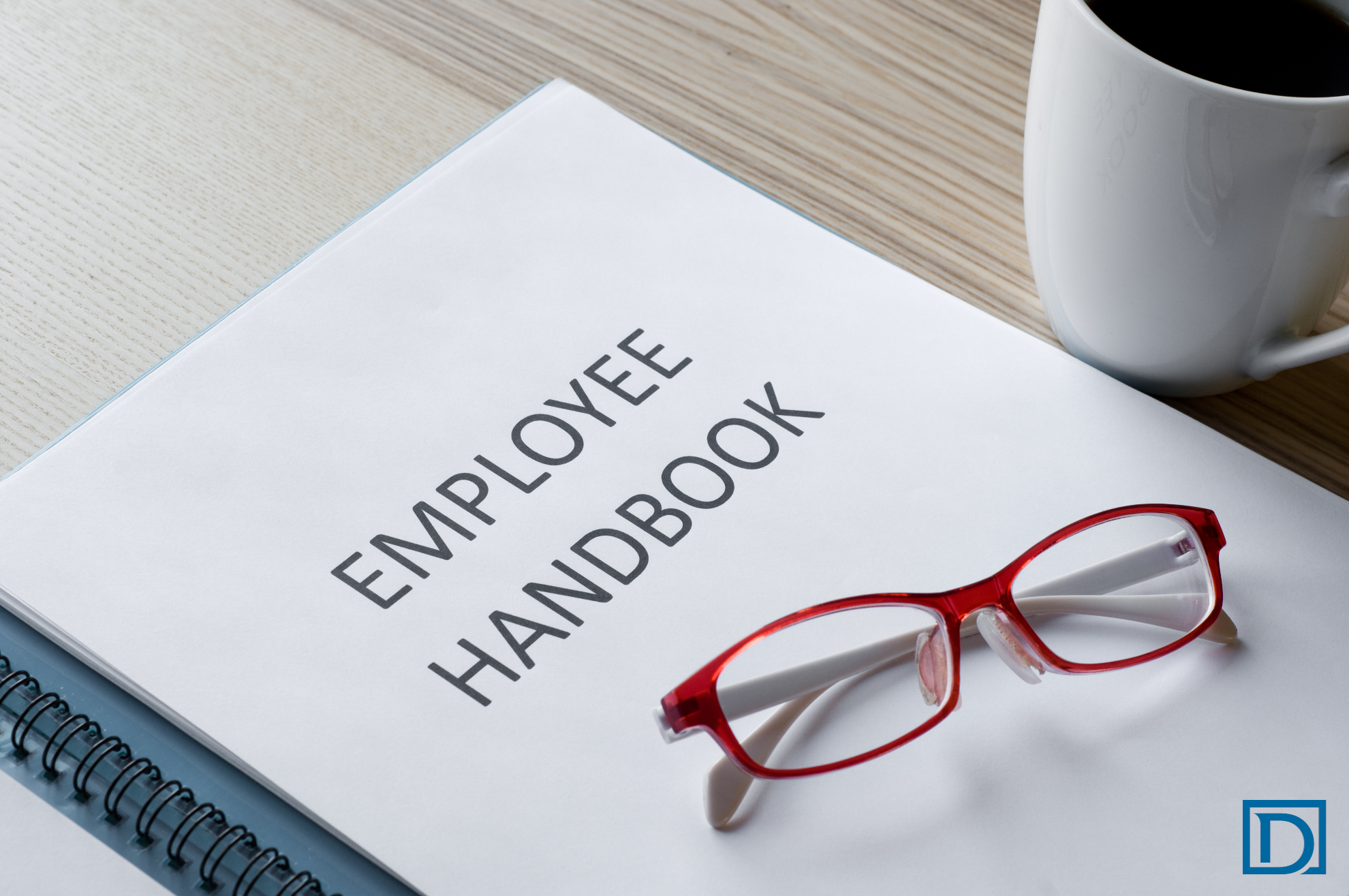 In In re AFA Investments, Inc., 2016 WL 908212, the U.S. Bankruptcy Court for the District of Delaware laid out the test for whether payments made to a creditor were avoidable preferences per section 547(b) of the Bankruptcy Code found in Title 11 of the U.S. Code. Under section 547(b), a debtor may recover debt payment made to creditors within 90 days of the debtor filing for bankruptcy provided that the payment was greater than the creditor would have received in a Chapter 7 liquidation.
In In re AFA Investments, Inc., 2016 WL 908212, the U.S. Bankruptcy Court for the District of Delaware laid out the test for whether payments made to a creditor were avoidable preferences per section 547(b) of the Bankruptcy Code found in Title 11 of the U.S. Code. Under section 547(b), a debtor may recover debt payment made to creditors within 90 days of the debtor filing for bankruptcy provided that the payment was greater than the creditor would have received in a Chapter 7 liquidation.
In AFA Investments, the debtor established the five elements of preference set out in section 547(b). However, even though the elements of preference had been satisfied, the defendant invoked section 547(c)(2). This section of the Code states that the debtor may not avoid as a preference, payments that were made in the ordinary course of business. Courts may apply both a subjective and objective test as to determine whether a transfer was made in the ordinary course of business.
The subjective test, laid out by In re Archway Cookies, 435 B.R. 234, looks at how long the parties have been engaging in the type of dealing, whether the transfers were larger than usual, whether payments were tendered in a manner other than usual, whether there has been unusual collection action, and whether the creditor did anything to gain an advantage given the debtor’s deteriorating financial circumstances.
In AFA Investments, the debtor normally paid its invoices to the defendant no later than 35 days after the invoice date. During the preference period, the debtor paid the majority of invoices more than 35 days after the invoice date. Also, the average time of payment doubled from 22 days to 44 days. The Court held that the doubling in time was sufficient to establish a different manner than was usually used to make payments and that these payments failed the subjective test as being made in the ordinary course of business.
The objective test, laid out In re Molded Acoustical Products, Inc., 18 F.3d 217, looks at industry norms to see if the transfers, even though irregular for the debtor, were consistent with patterns in the creditor’s industry. The average time of payment in the defendant’s industry in its same sales class was 17 days. The debtor was averaging 44 days for payment during the preference period and, thus, the transfers failed the objective test. Therefore, by failing both the subjective and objective tests, the transfers were not considered as being made in the ordinary course of business.
The Court ruled in favor of the debtor in this case and the defendant was forced to return transfers made during the preference period. This case serves as a reminder that bankruptcy does not necessarily begin on the date of filing but may reach back for a short period and affect payments already made. Businesses should be aware of this when dealing with customers or debtors known to be on the brink of insolvency. Simply because the payment was made, does not mean it cannot be recovered.
This article was written by Tyler Kemper, law clerk.



